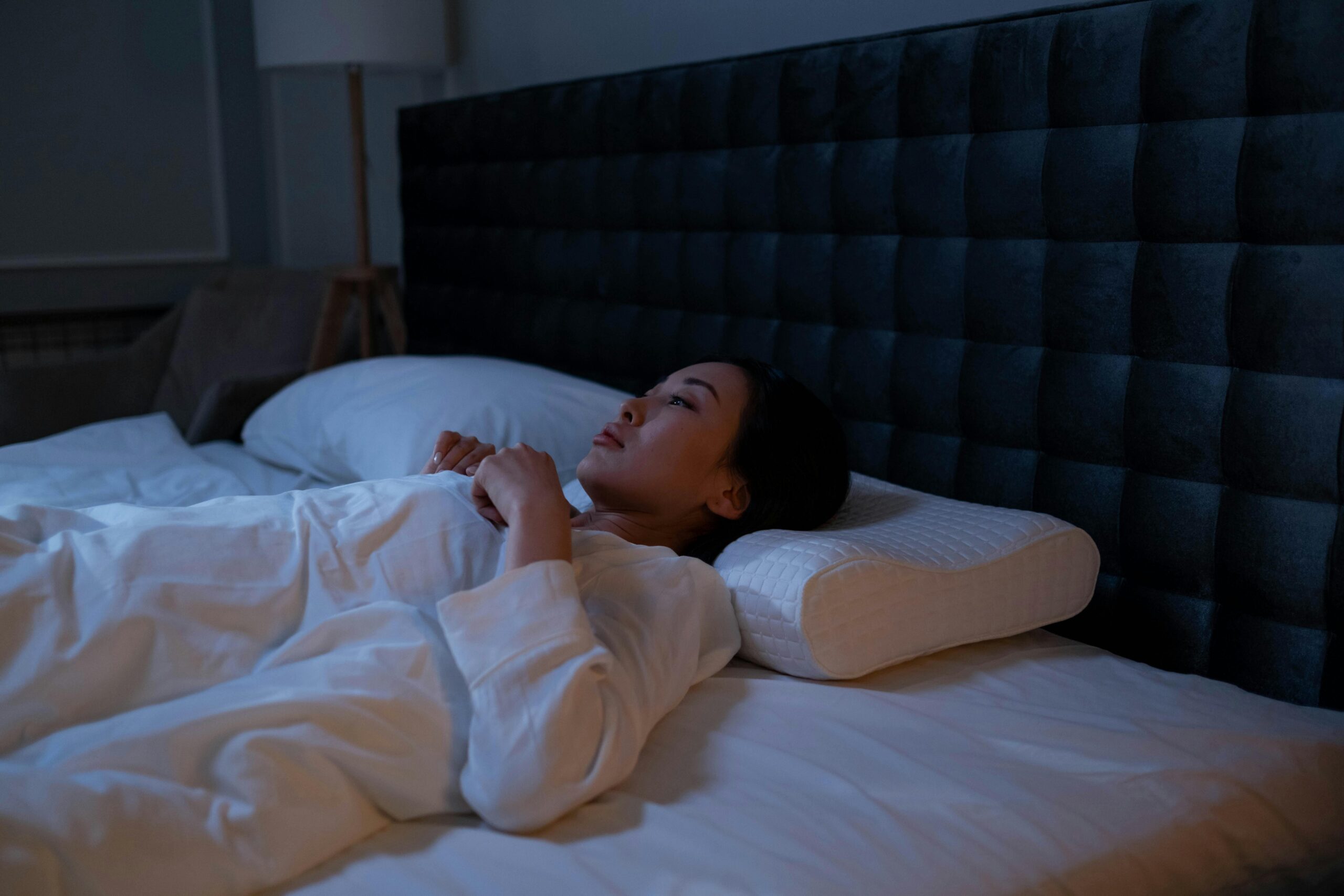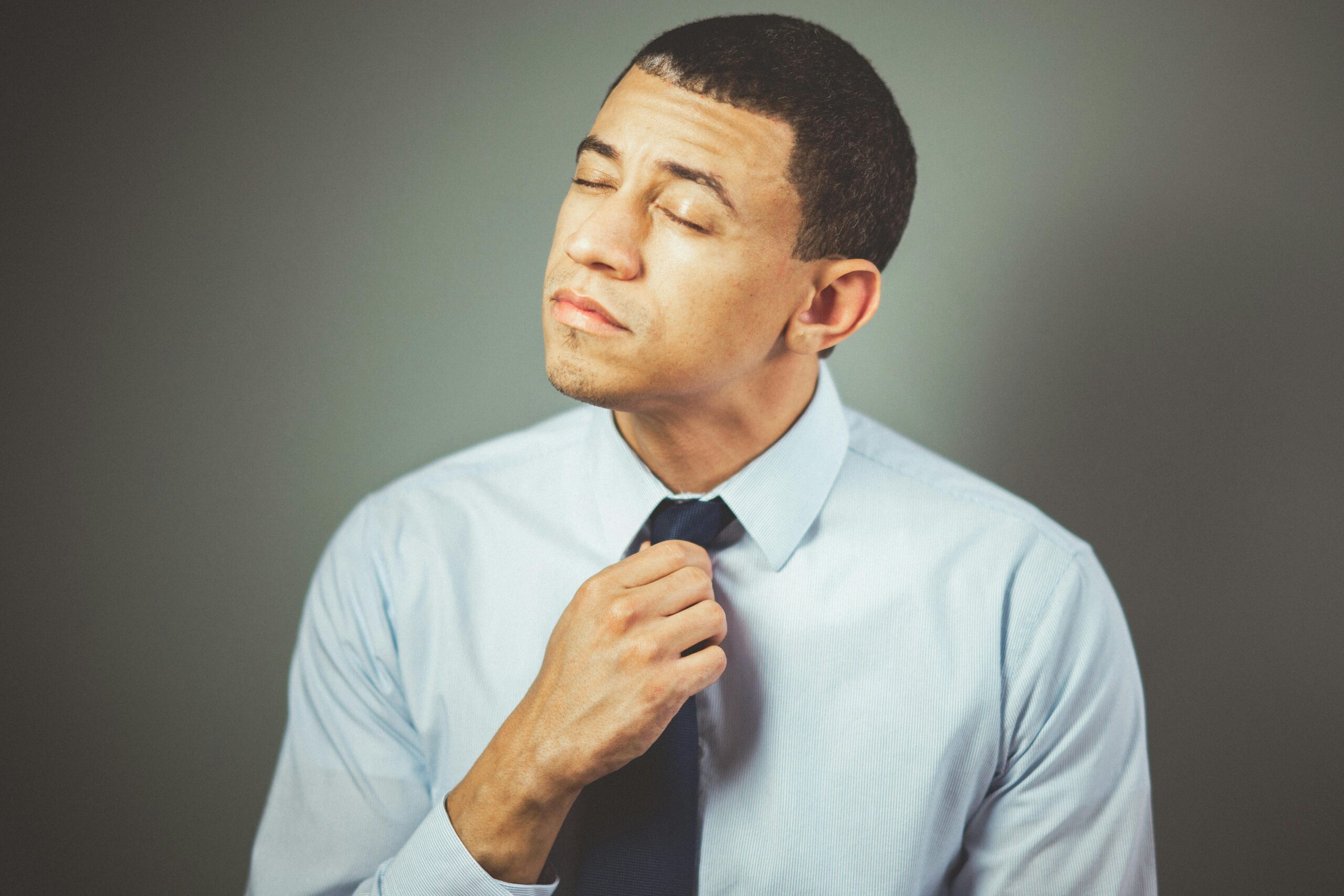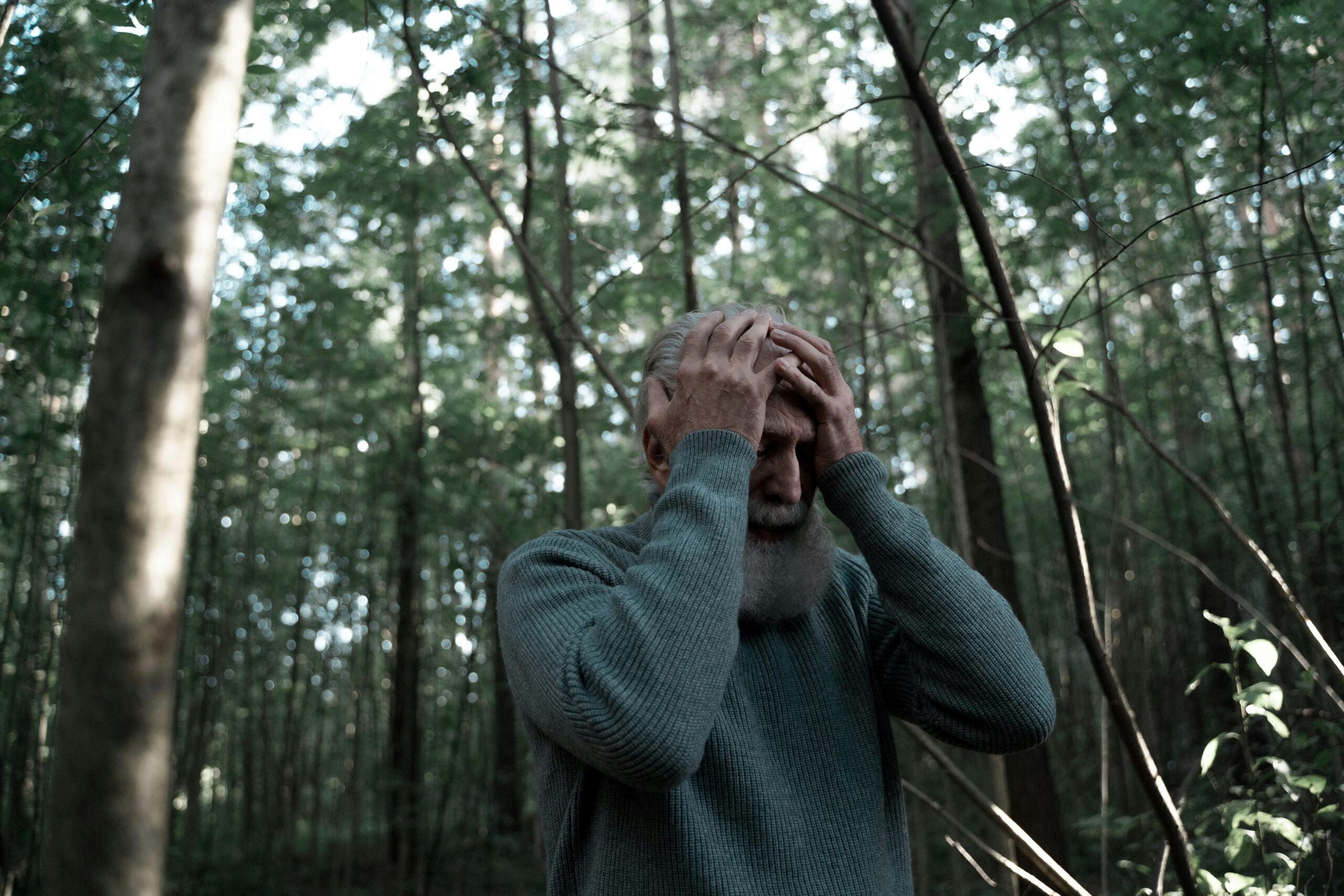The Link Between Sleep Deprivation and Emotional Regulation
Medically Reviewed by Mark Hrymoc, M.D., Chief Medical Officer, double-board certified in General & Addiction Psychiatry Sleep plays a foundational role in mental health, yet modern life often deprioritizes it. Chronic sleep deprivation disrupts emotional regulation, impairs judgment, and increases vulnerability to anxiety and depression. Although most adults need seven to nine hours of quality sleep, surveys suggest that nearly one in three Americans consistently fall short. Understanding how lack of sleep affects the brain and learning strategies to improve rest can have profound benefits for emotional well-being. How Sleep Impacts Emotional Health Sleep is when the brain restores its balance and consolidates emotional experiences. During deep sleep and REM cycles, neural networks reorganize, allowing individuals to process stress, regulate mood, and integrate memories. When sleep is insufficient, this system falters. Neuroimaging studies show that sleep deprivation causes the amygdala—the brain’s center for processing emotions—to become up to 60% more …






